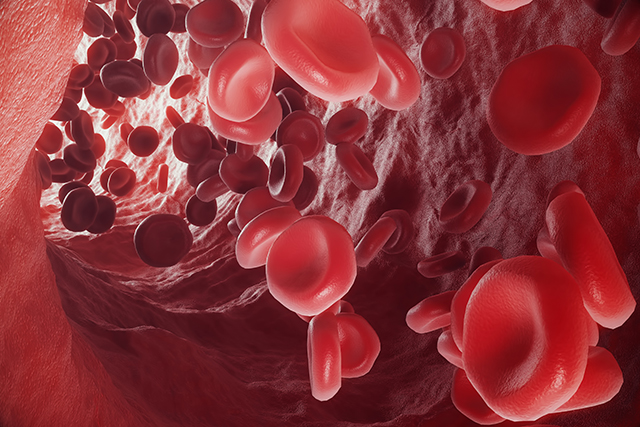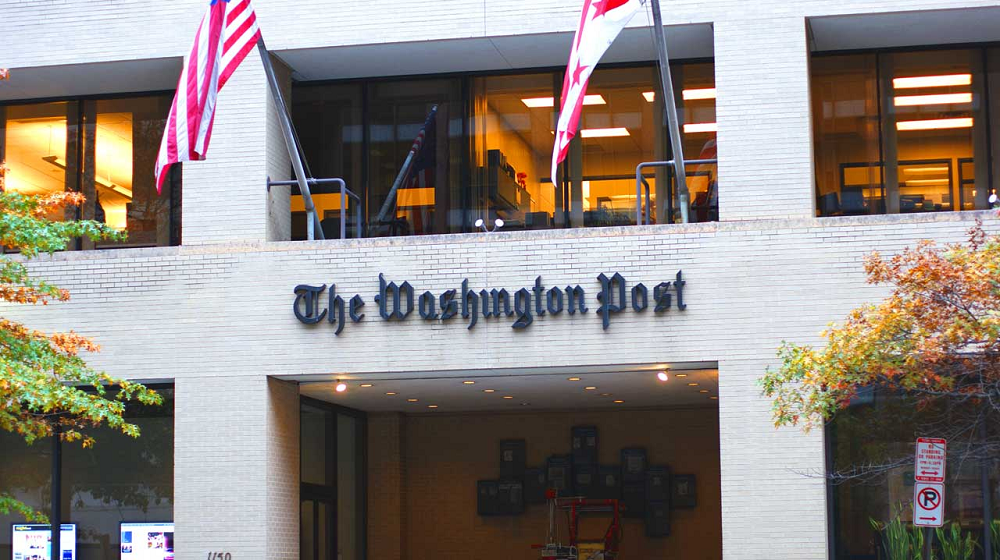Pfizer modifies COVID vaccine formulation for children, secretly adding heart attack drug that presents new health risks
11/12/2021 / By Mary Villareal

Pfizer recently reformulated its Wuhan coronavirus (COVID-19) vaccine for children to include a chemical drug that is sometimes used for stabilizing heart attacks.
The United States government recently gave the full go-ahead for the Pfizer vaccine shot for children aged five to 11 years old. The public was told that the vaccine is specially formulated for children and contains “lower doses” of active ingredients found in vaccines administered to people ages 12 and up.
However, the COVID shots for under-12 contain ingredients that have nothing to do with “preventing” COVID. One such ingredient is a substance frequently used to stabilize people who have had heart attacks, leading some to question whether or not this is a move by pharmaceutical companies to prophylactically mitigate vaccine-related cardiac arrests in younger children.
Pfizer added a chemical called tromethamine (Tris) to its vaccine formulation for kids. The Cleveland Clinic explained that it is typically used to make blood and urine less acidic. This makes the chemical important in the treatment of a condition called metabolic acidosis, an electrolyte imbalance that leaves too much acid in the body and a common complication of heart attacks.
Side effects of tromethamine include darker-colored urine, malaise and fatigue, rapid heartbeat, lighter-colored stools, pain at the injection sight, jaundice, increased hunger, nausea and anxiousness.
According to Pfizer, clinical trials involving 4,600 children did not identify any serious safety concerns with the kids’ vaccine. In contrast, Pfizer’s adult mRNA vaccine has been found to cause inflammation of the heart muscle (myocarditis) or the surrounding lining (pericarditis), especially in young men.
The biggest difference between Pfizer’s adult and pediatric vaccines is the amount of messenger RNA (mRNA) they contain. The mRNA provides genetic instructions to cells to make the spike protein used by the COVID virus for infection, thus triggering the body to mount a protective immune response. Pfizer decided on a smaller mRNA dose for the kids’ vaccine after monitoring trial participants for side effects and evaluating their immune responses.
The lowest dose was chosen to be tested in the second phase of the clinical trial because it has fewer side effects but similar immune response when compared to a larger dose.
Another difference in the formulations is the buffer used — that is, the solution that helps the vaccine maintain proper pH. The adult vaccine uses phosphate-buffered saline or PBS, but Pfizer switched to Tris in the kids’ version because, according to the pharmaceutical giant, tris increases the stability of the vaccine and allows vials to be stored at warmer temperatures for longer periods.
Both PBS and tris are commonly used buffers, but the change caused a ruckus as it could be indicative of a problem with the vaccines. Pfizer said that the modification will not change the manufacturing and that the adult formulation of the vaccine will also soon use Tris for the same stability improvement.
FDA approves first oral blood thinners for kids
In another unusual timing, the Food and Drug Administration (FDA) approved the first oral blood thinners for kids last June. The drug, produced by Boehringer Ingelheim Pharmaceuticals, can be used to treat kids with venous thromboembolism, or blood clots in the veins, which is a common cause of heart attack.
There is a need to monitor children in the coming months and years. According to the Centers for Disease Control and Prevention (CDC), around 13.4 deaths per 100,000 occur in kids aged five to 14 in the country. Additionally, the estimated prevalence of heart conditions among children up to 17 years is 1.3 percent, according to the 2016 National Survey of Children’s Health (NSCH).
Pfizer’s COVID-19 vaccine is currently the only one authorized for children below 18 years and is likely to remain as the sole choice for the next few months as Moderna recently announced that it would take until January 2022 to conduct its own review and “evaluate recent international analyses of the risk of myocarditis.” (Related: Study: 397 Children diagnosed with heart inflammation after receiving Pfizer’s COVID-19 vaccine.)
Several Nordic countries also said that they have observed an elevated risk of myocarditis in recipients of the Moderna vaccine and have restricted its use in younger people. While Moderna said that the FDA has not seen such a pattern, it will wait to file an emergency use authorization request for its pediatric vaccine while its vaccine for teens is being reviewed.
Get more news and updates about COVID-19 vaccines at Pandemic.news.
Sources include:
Tagged Under: Big Pharma, chemicals, covid-19, COVID-19 vaccine, heart health, heart inflammation, ingredients, mRNA technology, myocarditis, pharmaceutical fraud, research, spike protein, vaccine injury
RECENT NEWS & ARTICLES
HeartDisease.News is a fact-based public education website published by Heart Disease News Features, LLC.
All content copyright © 2018 by Heart Disease News Features, LLC.
Contact Us with Tips or Corrections
All trademarks, registered trademarks and servicemarks mentioned on this site are the property of their respective owners.




















